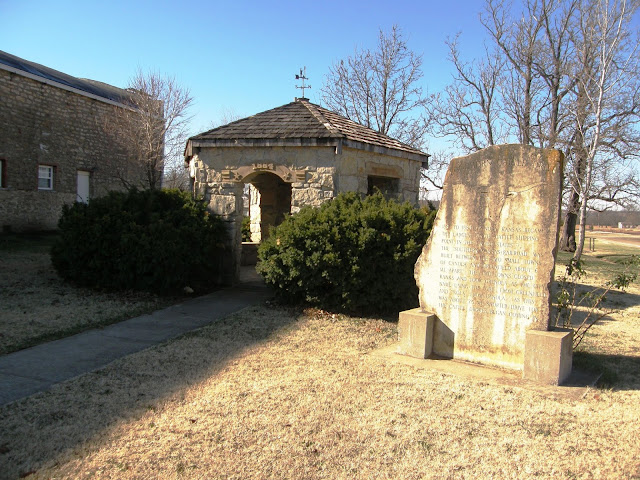The
Kansas Department of Transportation mission statement is “to provide a
statewide transportation system to meet the needs of Kansas,” and we live up to
it. Travelers appreciate our smooth highways; ambitious business owners find us
accommodating; and proud Kansans like to talk about how our roads stack up
against our neighbors.
 |
| KDOT Secretary Mike King |
But
in the past week or so, there’s been a lot of scrutiny of KDOT’s finances and
ability to deliver project improvements. So I want to talk about why we are
making the budget decisions we are.
It’s
true; KDOT has transferred a significant amount of money from the State Highway
Fund for use in other essential areas of state government. It’s been that way
at least as far back as the 1989 transportation funding program. In fact, the
current T-WORKS transportation program was passed with more than $1 billion in
transfers to the State General Fund built into it.
Favorable
market conditions have allowed our industry to stretch KDOT’s core mission
objectives. The price of oil is lower than it’s been in years. Interest rates
on new money remain very low. KDOT’s operating budget is 20 percent below 2010
levels. And, in collaboration with our industry partners, we continue to
stretch the life expectancy of our roads and bridges.
The
2010 Legislature that passed the 10-year T-WORKS program authorized up to $1.7
billion in bonding as one of the program’s revenue sources. It capped the
bonding component at 18 percent of all revenues. While KDOT is well below the
overall bonding limit (and probably won’t ever reach that limit), agency
leaders received permission from the 2015 Legislature to suspend the 18 percent
cap for two years to take advantage of the extremely low rates and continue to
build regionally-significant projects. KDOT will be back below the 18 percent
cap in FY17.
Projects
continue to be bid at lower-than-estimated levels. We have even added money to projects and
programs, such as U.S. 69 expansion in Southeast Kansas, U.S. 54 expansion in
Wichita and the Geometric Improvement program. We’ve boosted the project size
in the popular KLINK (City Connecting Link) program, which makes valued
transportation improvements in cities. Our local partners continue to receive a
third of all the Kansas gas tax revenue to support their own projects. We’ve
done all of this while still maintaining a level of service above our stated
goals.
We
have many responsibilities at KDOT and we take them seriously. We’ve built one of the great highway systems
in the country and we intend to keep it that way.
--Transportation
Secretary Mike King








